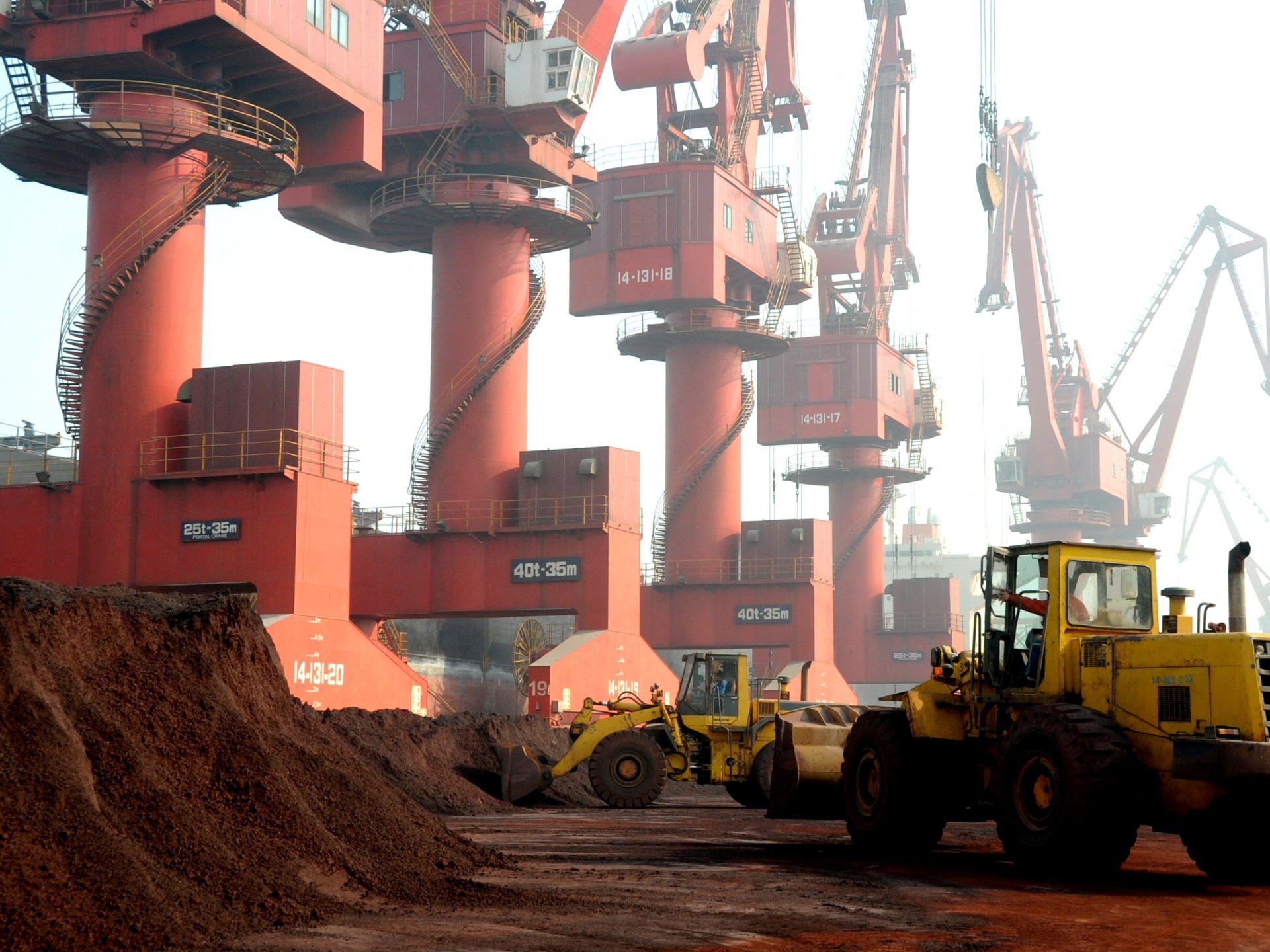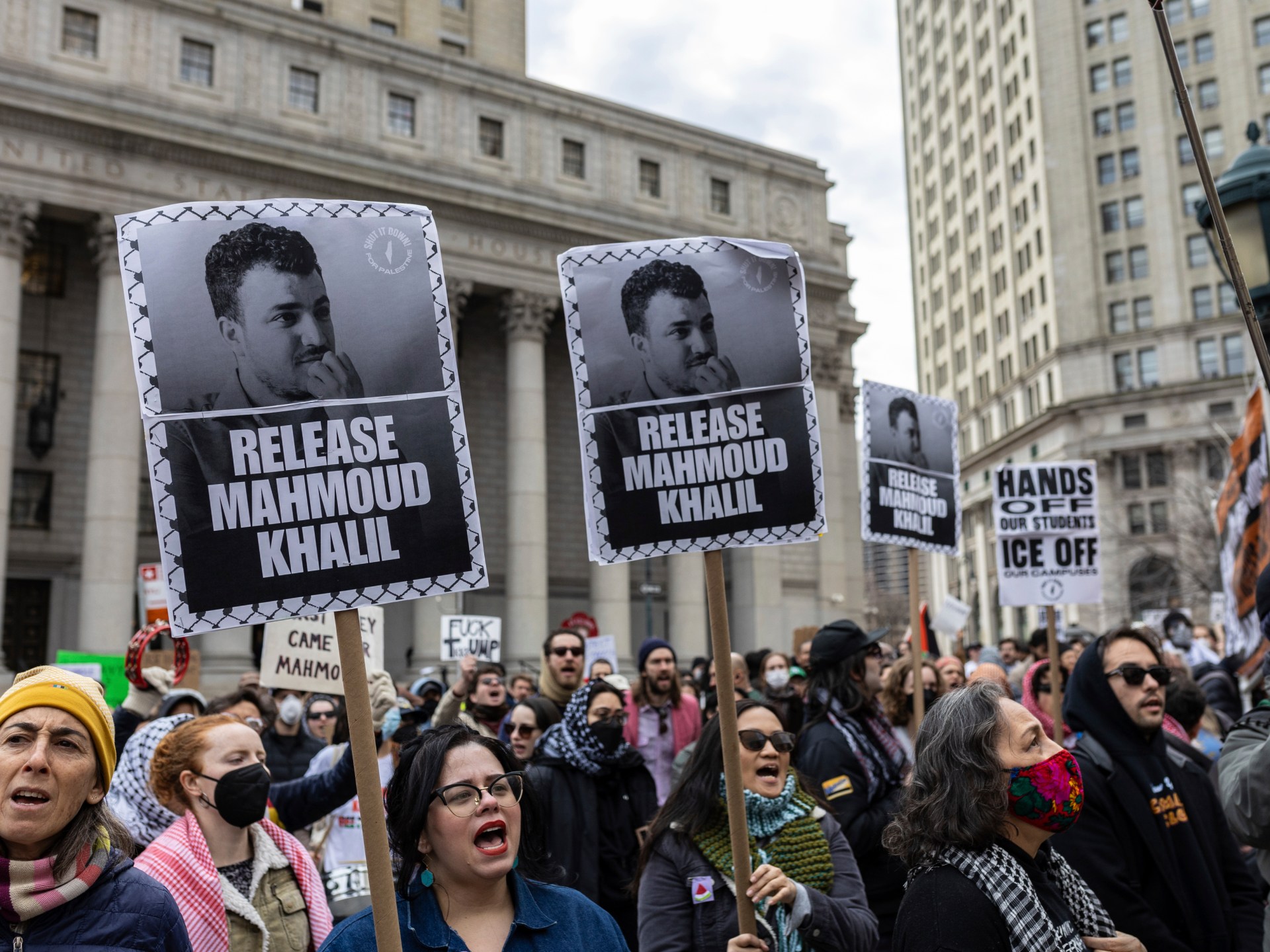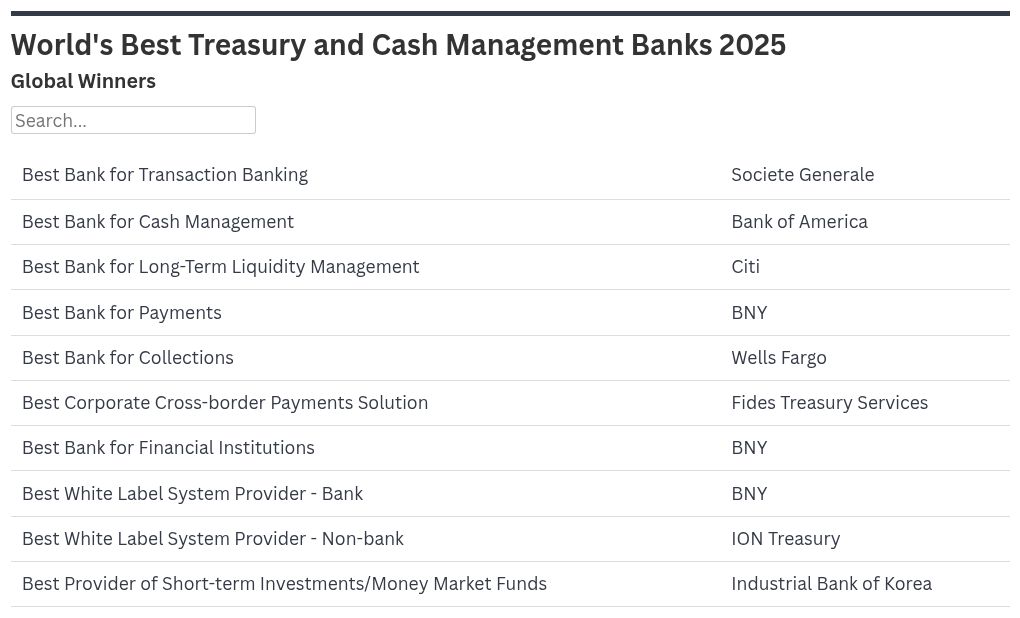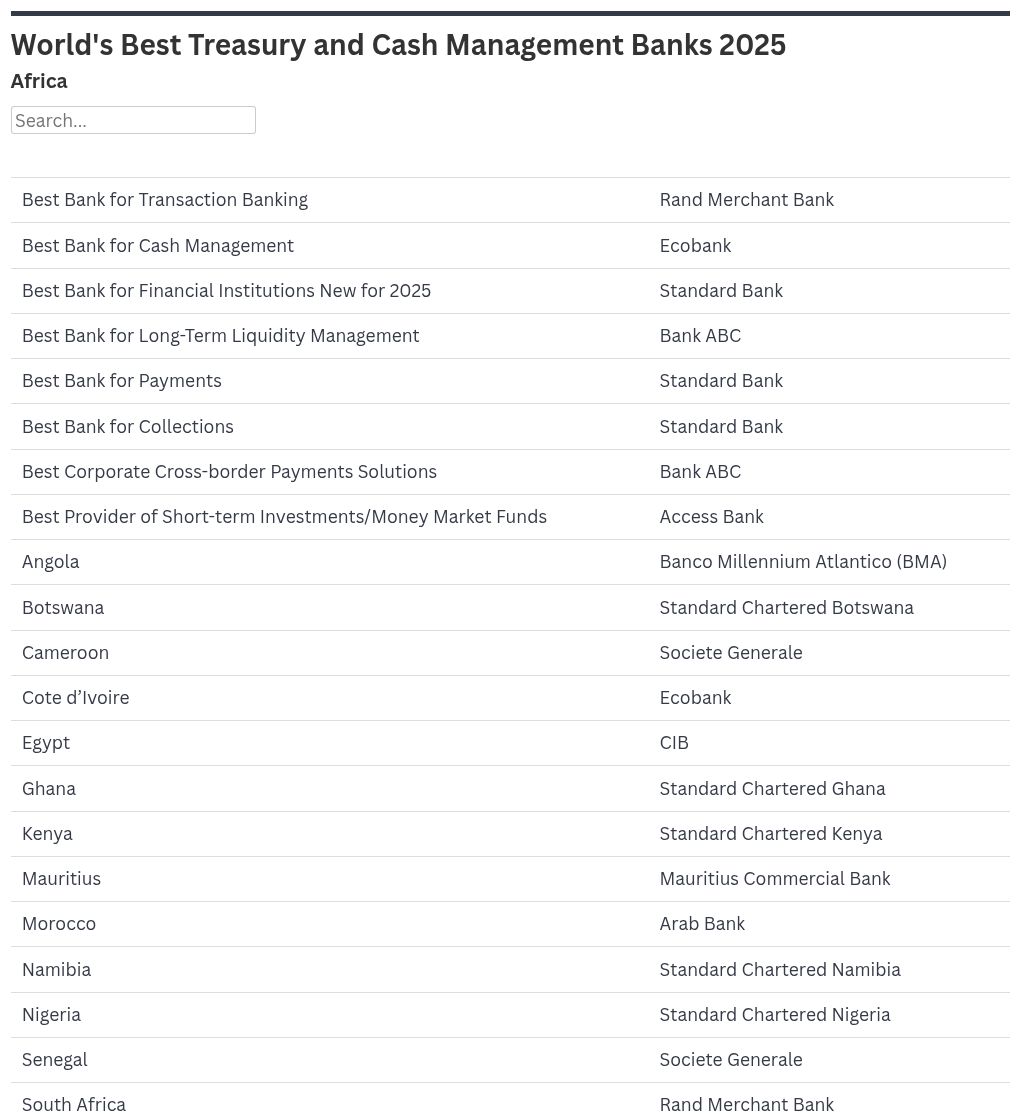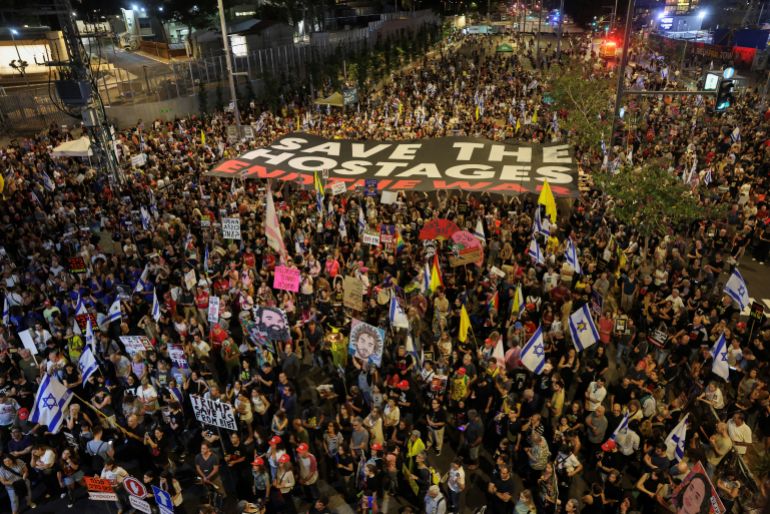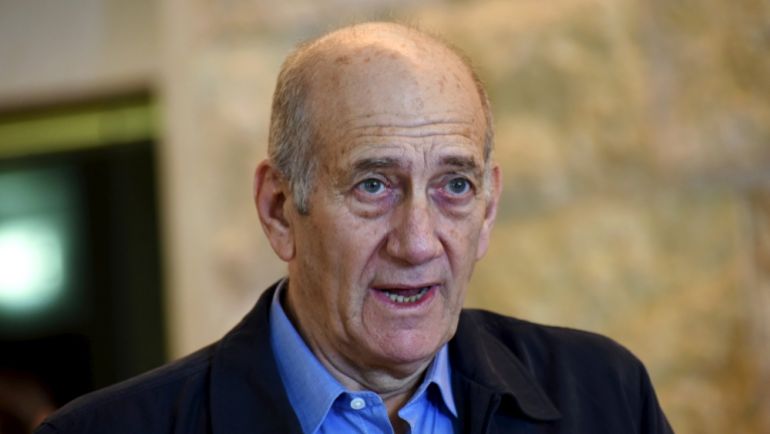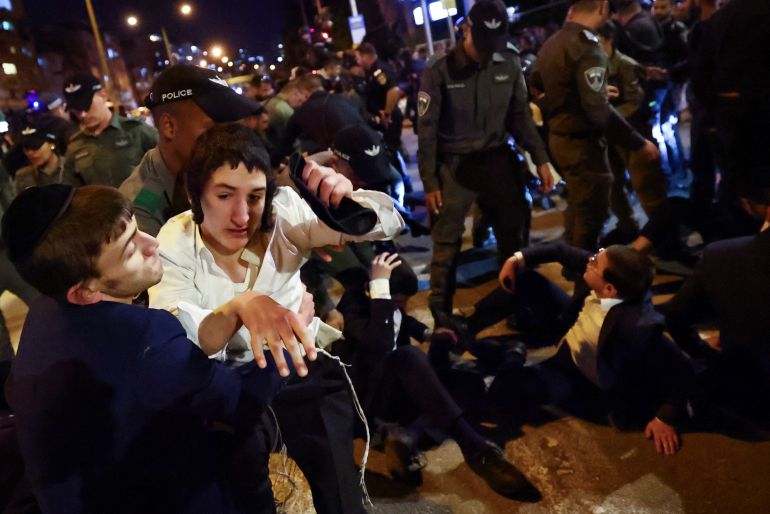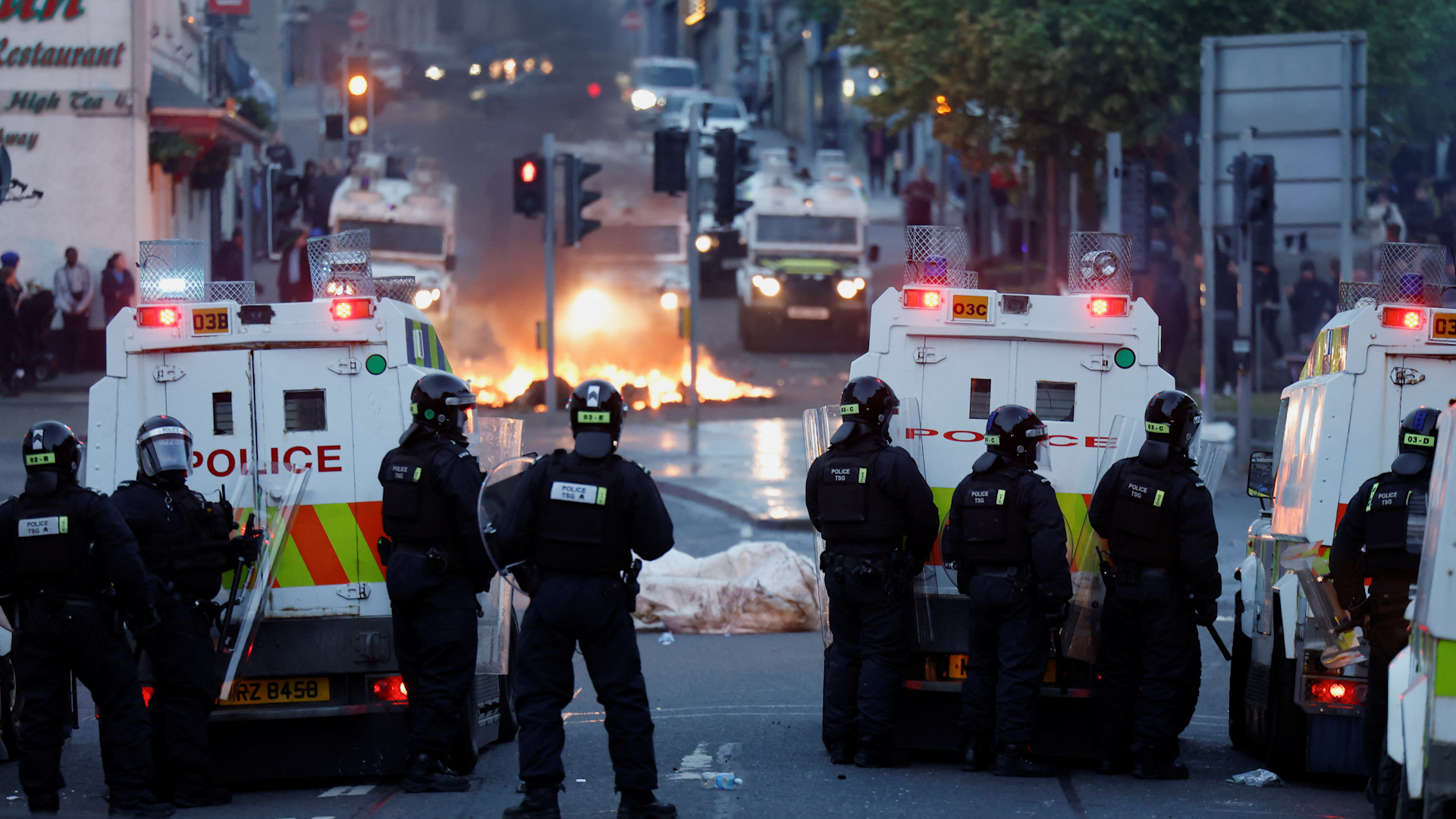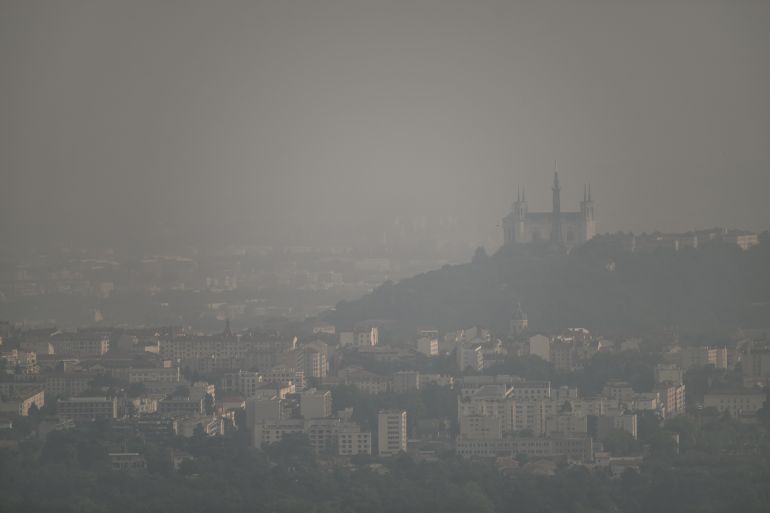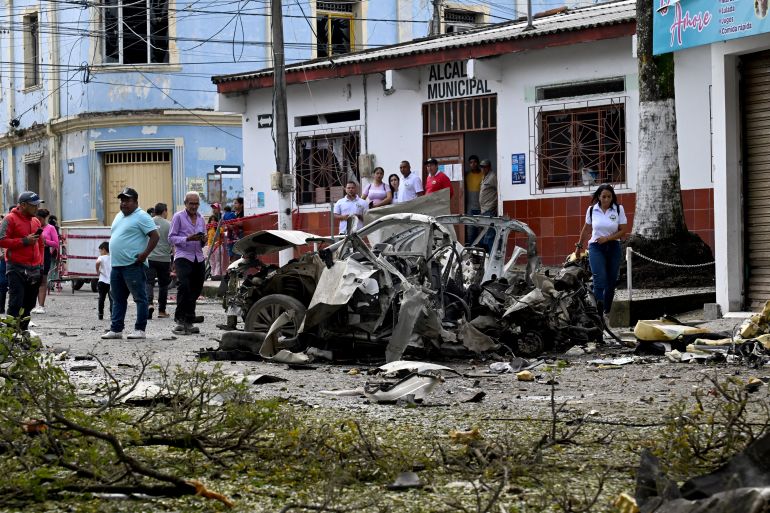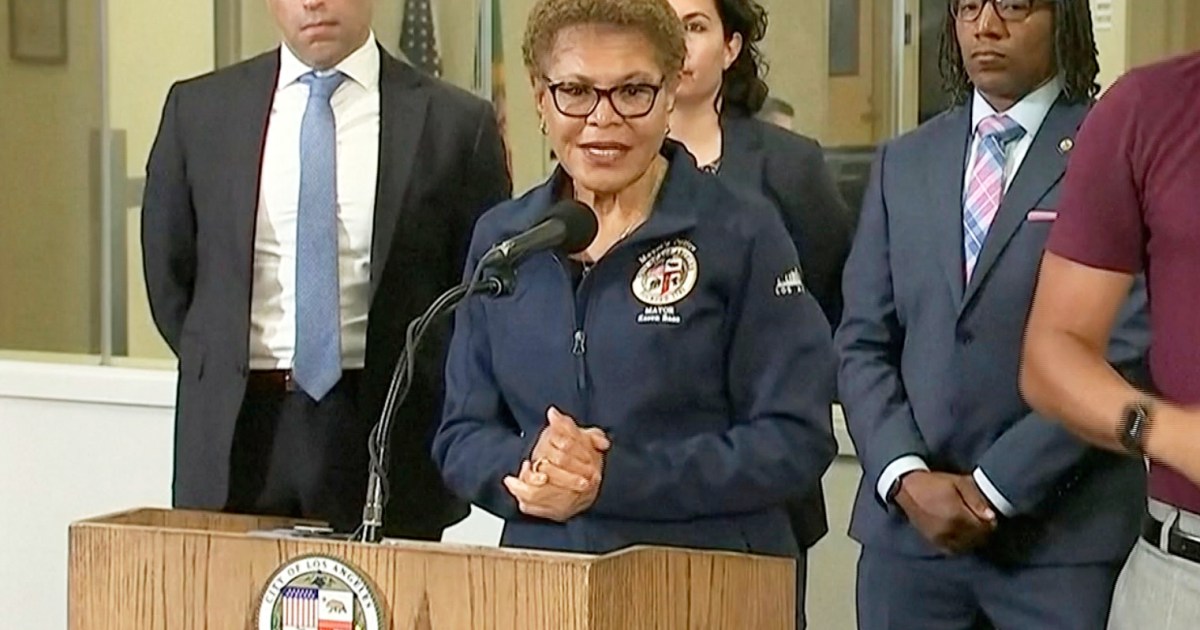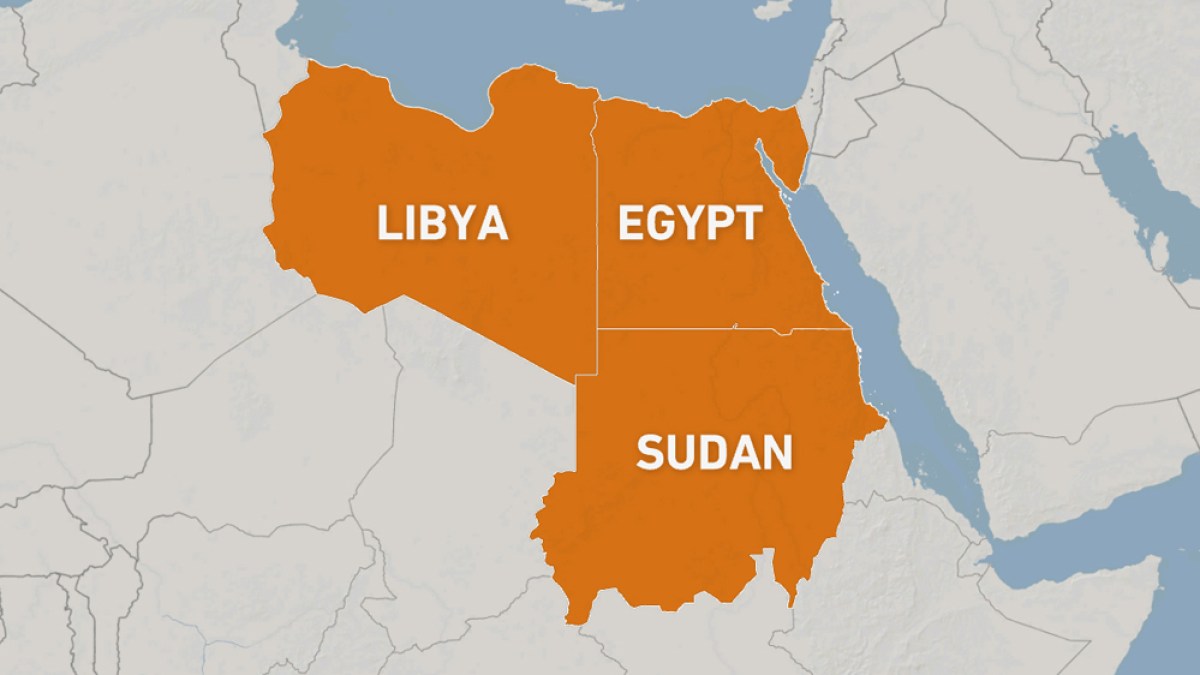Why China’s rare earth exports are a key issue in trade tensions with US | Trade War
China’s export of rare earth elements is central to the trade deal struck this week with the United States.
Beijing has a virtual monopoly on the supply of the critical minerals, which are used to make everything from cars to drones and wind turbines.
Earlier this year, Beijing leveraged its dominance of the sector to hit back at US President Donald Trump’s sweeping tariffs, placing export controls on seven rare earths and related products.
The restrictions created a headache for global manufacturers, particularly automakers, who rely on the materials.
After talks in Geneva in May, the US and China announced a 90-day pause on their escalating tit-for-tat tariffs, during which time US levies would be reduced from 145 percent to 30 percent and Chinese duties from 125 percent to 10 percent.
The truce had appeared to be in jeopardy in recent weeks after Washington accused Beijing of not moving fast enough to ease its restrictions on rare earths exports.
After two days of marathon talks in London, the two sides on Wednesday announced a “framework” to get trade back on track.
Trump said the deal would see rare earth minerals “supplied, up front,” though many details of the agreement are still unclear.
What are rare earths, and why are they important?
Rare earths are a group of 17 elements that are essential to numerous manufacturing industries.
The auto industry has become particularly reliant on rare-earth magnets for steering systems, engines, brakes and many other parts.
China has long dominated the mining and processing of rare earth minerals, as well as the production of related components like rare earth magnets.
It mines about 70 percent of the world’s rare earths and processes approximately 90 percent of the supply. China also maintains near-total control over the supply of heavy rare earths, including dysprosium and terbium.
China’s hold over the industry had been a concern for the US and other countries for some time, but their alarm grew after Beijing imposed export controls in April.
The restrictions affected supplies of samarium, gadolinium, terbium, dysprosium, lutetium, scandium, and yttrium, and required companies shipping materials and finished products overseas to obtain export licences.
The restrictions followed a similar move by China in February, when it placed export controls on tungsten, bismuth and three other “niche metals”.
While news of a deal on rare earths signals a potential reprieve for manufacturers, the details of its implementation remain largely unclear.
What has been the impact of the export restrictions?
Chinese customs data shows the sale of rare earths to the US dropped 37 percent in April, while the sale of rare earth magnets fell 58 percent for the US and 51 percent worldwide, according to Bloomberg.
Global rare earth exports recovered 23 percent in May, following talks between US and Chinese officials in Geneva, but they are still down overall from a year earlier.
The greatest alarm has been felt by carmakers and auto parts manufacturers in the US and Europe, who reported bottlenecks after working their way through inventories of rare earth magnets.
“The automobile industry is now using words like panic. This isn’t something that the auto industry is just talking about and trying to make a big stir. This is serious right now, and they’re talking about shutting down production lines,” Mark Smith, a mining and mineral processing expert and the CEO of the US-based NioCorp Developments, told Al Jazeera.
Even with news of a breakthrough, Western companies are still worried about their future access to rare earths and magnets and how their dependence on China’s supply chain could be leveraged against them.
The Financial Times reported on Thursday that China’s Ministry of Commerce has been demanding “sensitive business information to secure rare earths and magnets” from Western companies in China, including production details and customer lists.
What have the US and China said about rare earth exports?
Trump shared some details of the agreement on his social media platform, Truth Social, where he also addressed concerns about rare earths and rare earth magnets.
“We are getting a total of 55% tariffs, China is getting 10%. The relationship is excellent,” Trump said, using a figure for US duties that includes levies introduced during his first term.
“Full magnets, and any necessary rare earths, will be supplied, up front, by China. Likewise, we will provide to China what was agreed to, including Chinese students using our colleges and universities (which has always been good with me),” Trump said.
Ahead of the negotiations in London, China’s Ministry of Commerce had said it approved an unspecified number of export licences for rare earths, and it was willing to “further strengthen communication and dialogue on export controls with relevant countries”.
However, an op-ed published by state news outlet Xinhua this week said rare earth export controls were not “short-term bargaining tools” or “tactical countermeasures” but a necessary measure because rare earths can be used for both civilian and military purposes.
NioCorp Developments’ Smith said Beijing is unlikely to quickly give up such powerful leverage over the US entirely.
“There’s going to be a whole bunch of words, but I really think China is going to hold the US hostage on this issue, because why not?” he said.
“They’ve worked really hard to get into the position that they’re in. They have 100 percent control over the heavy rare earth production in the world. Why not use that?”
Deborah Elms, the head of trade policy at the Hinrich Foundation in Singapore, said it was hard to predict how rare earths would be treated in negotiations, which would need to balance other US concerns like China’s role in exporting the deadly opioid fentanyl to the US.
Beijing, for its part, will want guarantees that it can access advanced critical US technology to make advanced semiconductors, she said.
